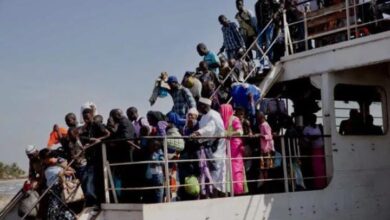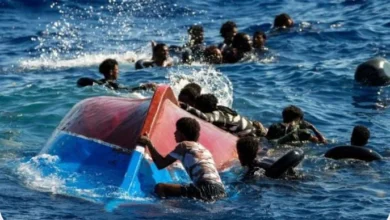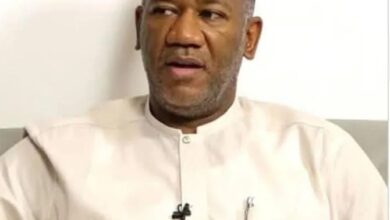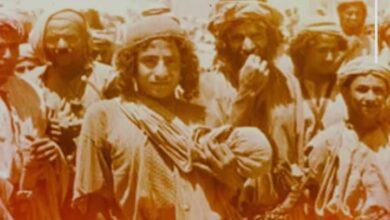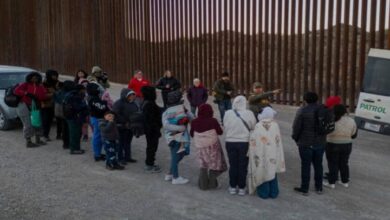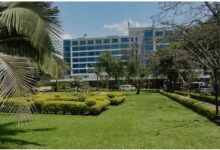The Malabo Summit: Africa Seeks Justice Amidst the Ruins of History and the Dreams of Unity
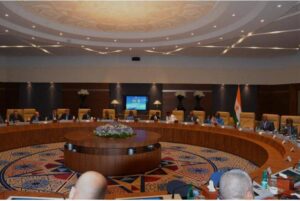
The Malabo Summit: Africa Seeks Justice Amidst the Ruins of History and the Dreams of Unity
BY : Mohamed Abdarahman Abdallah,
journaliste , Nouakchott
In Malabo, the capital of Equatorial Guinea—where Africa’s dense jungles meet the scent of the Atlantic Ocean—leaders of the African continent gathered around one table to confront old wounds and search for a long-awaited future. The African Union’s 7th Mid-Year Coordination Meeting, held this July, was not a routine event. It was a reflective pause before the mirror of memory, where Africa’s past—burdened by colonization and plunder—meets a present weighed down by dependency and fragmentation, and a future caught between development ambitions and institutional paralysis.
Missing Justice… The Summit’s Slogan
Under the powerful theme: “Justice for Africans and People of African Descent Through Reparations,” the summit tackled one of the continent’s most complex and pressing issues—reparations for centuries of slavery, exploitation, and resource theft. For the first time, the continent is officially demanding not just the return of looted wealth and artifacts, but also dignity and long-denied justice. But the critical questions remain: Who will compensate Africa? When? By what mechanisms? And is there even international willingness to reopen this deep historical wound?
Heavyweight Leaders, Lingering Questions
Notable figures like Egyptian President Abdel Fattah El-Sisi, who spoke about the link between peace and development, and Mauritanian President Mohamed Ould Cheikh El Ghazouani, who stressed regional integration in closed-door talks, were in attendance. But behind the media lights, more urgent questions hovered: How can the African Union foster integration when its members are divided by conflict? How can we demand justice from the world when we have yet to formulate a collective plan to fight poverty, hunger, and unemployment?
Continental Integration… A Delayed Dream
The summit also reviewed progress on the African Continental Free Trade Area (AfCFTA)—a flagship project that’s supposed to drive economic unity but remains stalled by bureaucracy, border tensions, and weak infrastructure. The Union’s 2026 budget, estimated at nearly $800 million, was also presented. But these numbers mean little when compared to the depth of the continent’s daily struggles.
The People Don’t Wait for Final Communiqués
In the slums of Conakry, Nouakchott, or Luanda, no one hears about the “Malabo Summit.” People there are busy finding today’s bread and tomorrow’s water, while leaders sign declarations that end up buried in diplomatic archives. When will summit rhetoric become real action? When will justice become political policy rather than ceremonial slogan? When will Africa begin solving its problems with its own tools—free of outside interference?
Conclusion: Between Hope and Repetition
The Malabo Summit ends. Leaders return to their capitals, carrying the hope of a continental unity still under construction. Despite good intentions, reality remains more complex than closing statements suggest. The real challenge is not what was said during the summit, but what will be done after. Unless justice claims are turned into policies, and integration into roads, rails, and working ports, the Malabo Summit will become just another entry in the long record of meetings that said everything… except the truth people can feel.


